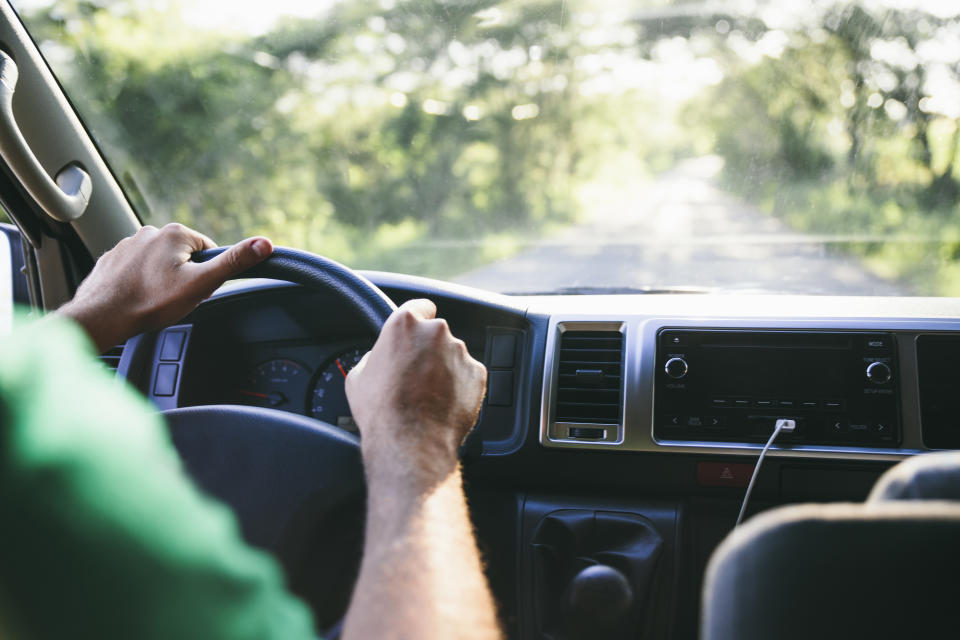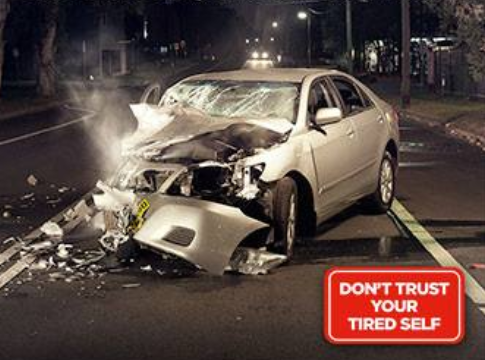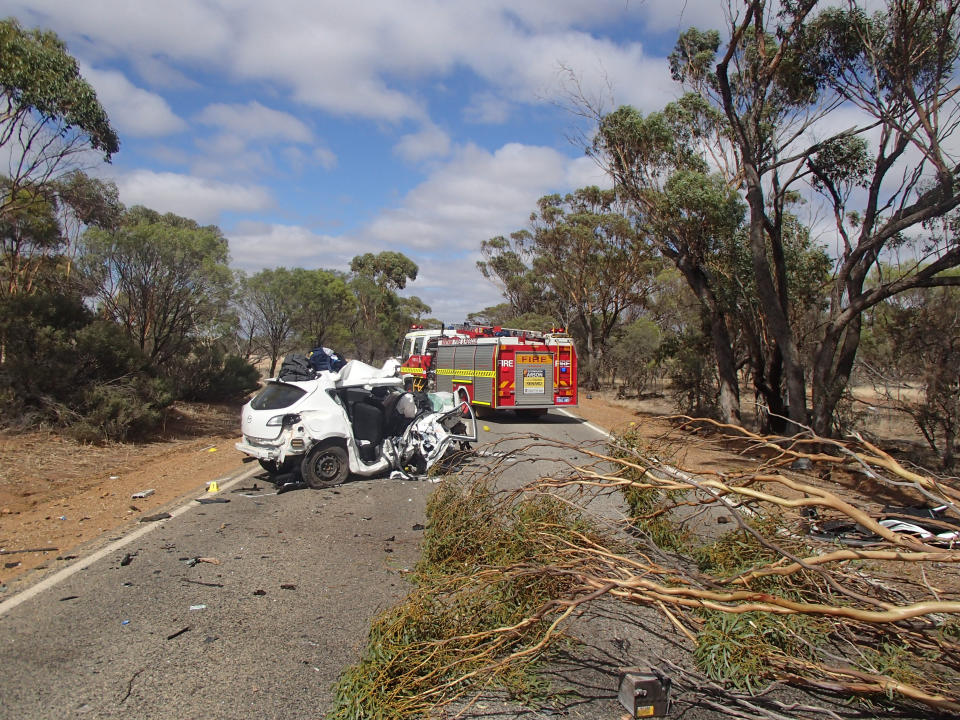'Cocktail of risks': Deadly warning over popular holiday driving tactic
A common but deadly holiday habit has sparked an alarming warning to drivers after startling figures revealed it was a contributor to one in five road deaths in Australia.
Holidaymakers setting off in an early-morning effort to beat heavy traffic can have devastating, fatal consequences and is simply not worth the risk, NRMA spokesman Peter Khoury says.
“You’re running against your own body clock, people aren’t used to getting up early and driving because it’s not normal behaviour,” Mr Khoury told Yahoo News Australia.

“Often when people are doing that, there’s no guarantee they’re going to have a good night sleep the night before - so you’ve got a double whammy of people running against their body clock and not being well rested.”
Traffic is going to be bad regardless during peak seasons, Mr Khoury said, arguing that any time people saved was not going to be worth the risk.
‘Fatigue can set in any time’
He added it wasn’t just dangerous driving tired over long distances, as accidents were just as prone to occurring on short journeys and close to people’s homes.
“Fatigue can set in anywhere at any time. If you’re not rested or if you’ve been driving too long, or you’ve had a busy day and you’re tired when you get behind the wheel - regardless of how long your journey is - you’re still at risk,” he said.

About 17 per cent of fatal crashes on Australian roads are thought to be caused by fatigue, Mr Khoury said, but some estimates suggest it could account for up to 30 per cent.
“It could be higher (than 17 per cent) because in some instances it might be difficult to actually measure whether that’s the cause of an accident,” he said.
In NSW between 2013 and 2017, more people died in fatigue-related crashes than drink-driving crashes, according to the NSW Centre for Road Safety.
‘A cocktail of risks’
Fatigue-related crashes are also twice as likely to be fatal because drivers who are asleep don’t brake.
Tiredness hinders people’s ability to drive effectively in several ways and increases the chances they will struggle with judging distances or slip into deadly micro-sleeps, according to Mr Khoury.
“It’s particularly a risk this time of year, people tend to go on journeys they wouldn’t normally take, and many families will only drive these distances once a year.
“They’re also driving on roads they’re unfamiliar with, so it can be a cocktail of risks if you’re not careful.”

Research has suggested that driving tired can hinder people’s driving ability in a similar way to alcohol.
After 17 to 19 hours without sleep, people were found to perform worse than if they had a blood alcohol reading of 0.05 per cent.
The bizarre Australian road rules that drivers are most likely breaking
Police forced to defend 'cheeky' location of speed camera van
Everything you need to know before your New Year's road trip
Response speeds were also up to 50 per cent slower for some tests and accuracy measures were significantly poorer when sleep deprived compared to someone with a 0.05 BAC.
Mr Khoury encouraged drivers to accept there was always going to be more traffic on the road during holiday season and to prepare accordingly to minimise putting themselves and others in danger.

“It really is important to do the simple things right - that means planning your trip before you leave, leave at a reasonable hour, leave when you’re rested
“If you plan to leave in the morning and you haven’t had a good night’s rest, delay your journey until you’re rested.”
How to arrive safe
Mr Khoury also recommended the driver pull over for a rest stop every two hours to allow everyone to stretch their legs and top up on refreshments.
Planning and sticking to an itinerary was the best way to ensure families got to their holiday destination and back home in one piece, he said.
According to the NSW Government, fatigued drivers are six times more likely to die in a crash than any other driver.
Anyone who suspects they might be too tired to get behind the wheel can complete this test.
Do you have a story tip? Email: newsroomau@yahoonews.com.
You can also follow us on Facebook, Instagram and Twitter and download the Yahoo News app from the App Store or Google Play.



